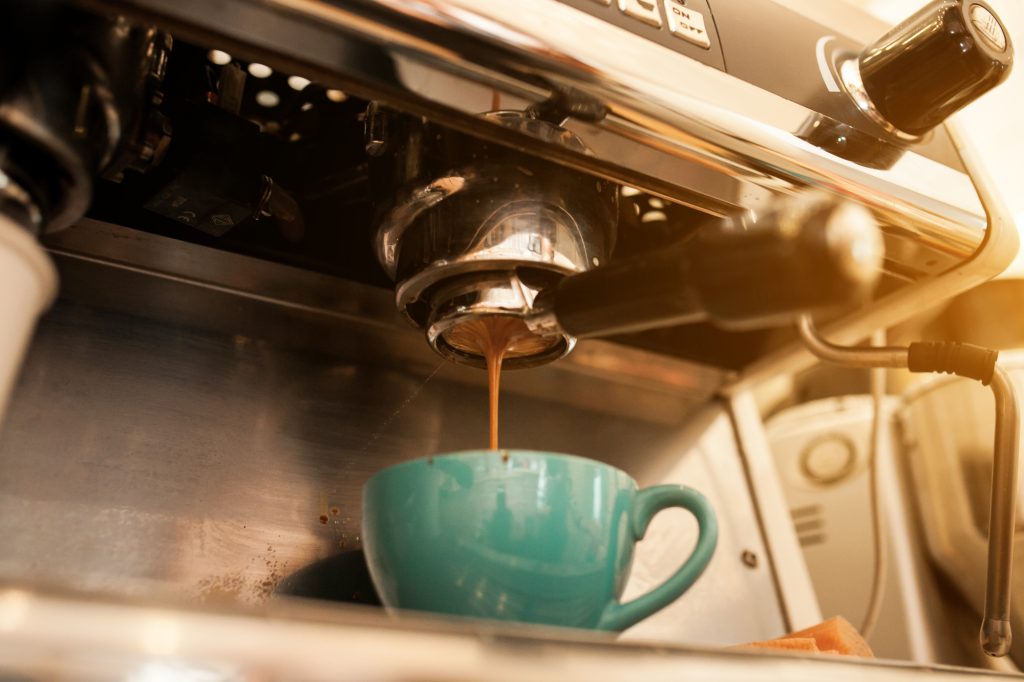Espresso in its basic composition consists of two ingredients: coffee and water; But usually most people focus on How to make espresso coffee They leave and do not pay attention to the right water for the device. The general recipes of brewing, processing, roasting, grinding, and the like all contribute to the final step of the process, brewing the coffee, but 90 percent of the espresso in each cup is water; The liquid responsible for extracting solids, oil and coffee aroma.

The quality of water directly affects the taste and aroma of espresso coffee. Salts, minerals and chlorine in water can change the taste of coffee and even damage the espresso machine. In the following, we are going to explain the characteristics of water suitable for espresso machine and the tips related to its preparation.
Features of water suitable for espresso machines
The water needed for a delicious cup of espresso should have a balanced amount of minerals. Be careful that too many solvents can precipitate and damage the espresso machine and kidneys, and too few solvents will have a negative effect on parts of the machine and the taste of the coffee. The type and amount of salts and minerals in water are different in different cities of the country and even in the same city throughout the year. However, don’t forget that even when healthy water is also used, a small amount of sediment is created, which in small amounts helps to protect the metal of the device.
Some features of suitable water for an espresso machine are:
Appropriate hardness
Water hardness is defined as the amount of calcium and magnesium salts in it. Excessive hardness causes deposits in the machine and makes the coffee taste bitter. Suitable hardness for espresso water is between 50 and 170 mg/liter.
Neutral pH
The ideal pH for espresso water is around 7. Acidic or alkaline water can affect the taste of coffee beans.
Lack of chlorine and organic matter
Chlorine and organic substances in water can change the taste of coffee and create an unpleasant smell.
Lack of smell and taste
The water must be completely odorless and tasteless so as not to affect the original taste of the coffee.
What water can be used for espresso?
To prepare safe water for the espresso machine, it is necessary to use at least one of the following:
-
Purified water:
Household desktop filters are suitable for removing minerals and chlorine from water, and reverse osmosis devices can also produce pure water by completely purifying pollutants.
-
Mineral water:
The use of bottled mineral water can also be suitable, but it is not cost-effective in the long run and for coffee shops.
-
Boiled water:
Boiling water can remove some of the harmful substances, but not all of the solutes.
Important points
- You can use special hardness test strips to measure water hardness.
- When buying mineral water, pay attention to the amount of salts, pH and other characteristics.
- Clean your espresso machine regularly to prevent sediment build-up.
- In case of continuous use of the device, turn it off for 36 hours every month and clean the boiler once every 2 months so that fresh water flows in the system and its sedimentation is minimized.
- Distilled water has lost all its salts and minerals and is not suitable for espresso.
If you are also a coffee lover and espresso is your constant choice for daily drinks, we recommend that you read the article. For whom is espresso coffee harmful?” and “How many calories are in a cup of coffee?hit
Source Link
